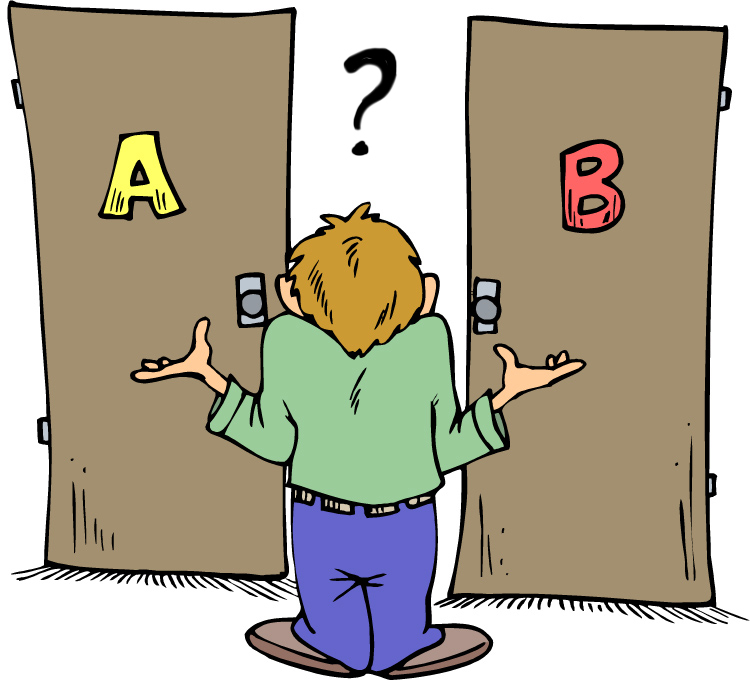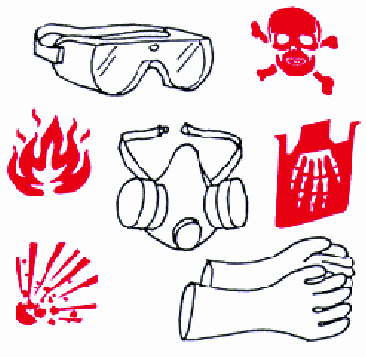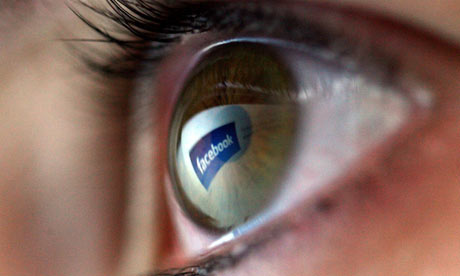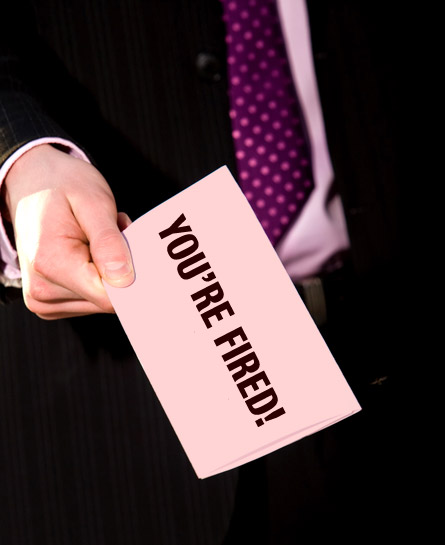Today we have a guest post from Kit Case, our friend at the Causey Law Firm of Seattle, WA, which was founded by my good friend and fierce worker advocate Jay Causey. Workers compensation claims can affect how billing is handled when it comes to medical concerns. This article discusses Washington state law. Nebraska and Iowa law have essentially the same rules, but be sure to consult with a workers’ compensation attorney who is familiar with the laws in your state if you have questions or concerns.
Question: I’m Getting Medical Bills, but I have a Workers’ Compensation Claim – Do I have to Pay Them?
Answer: No! Well, maybe…
If the bill you have received is for a balance due, left over after payment from the Washington State Department of Labor and Industries claim for services rendered by a medical provider, then you do not have to pay the bill. Under RCW Title 51 and WAC Chapter 296-20 and all of its provisions, the medical provider is required to accept payment from the workers’ compensation claim for services rendered as payment in full, and is not allowed to seek from the claimant payment of any additional balance. To be more specific, if a charge is billed to the workers’ compensation claim for a particular service and payment is made by the claim for that service in such a way that a balance remains for that same service, the medical provider is not entitled to payment from the claimant for that difference.
In contrast, if authorization for a medical service is denied under the claim completely, you may, under those circumstances, be required to make payment for any denied services. If you also have private medical insurance, your medical provider may be able to receive payment for treatment services denied under the workers’ compensation claim by submitting a bill for his or her services to the private insurance carrier.
To find out what you should do if you have already paid a medical bill for an on-the-job injury, check back in soon for the next installment of this series.








